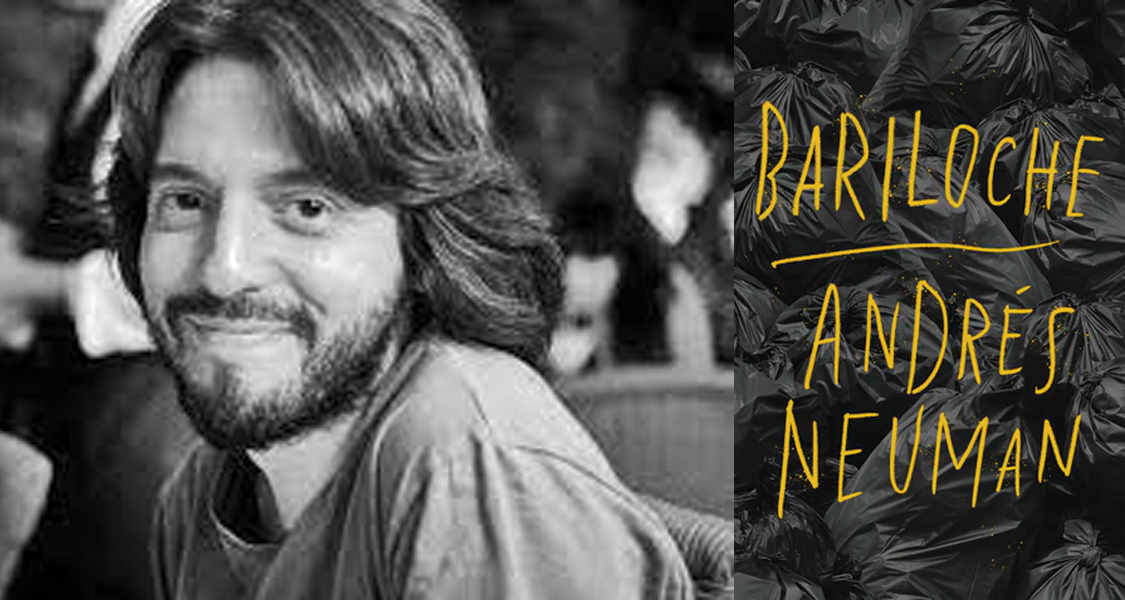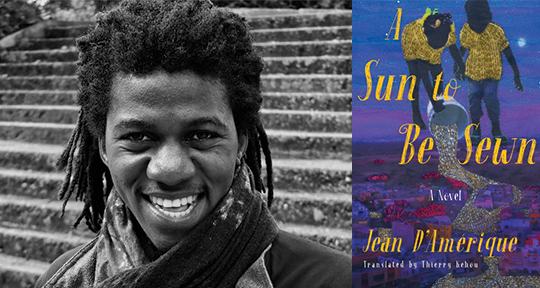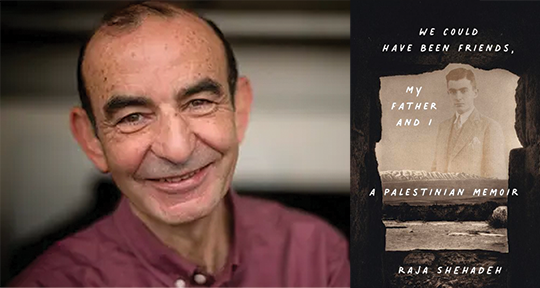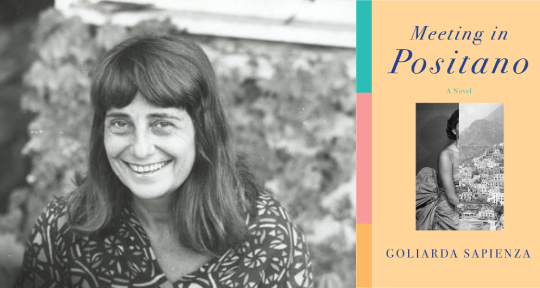This week, Asymptote‘s Editors-at-Large take us around the global literary scene, featuring book fairs and the highlights of Women in Translation Month! From the multimedia cultural event Bokmässan by Night in Sweden to the Taiwan/Ireland Poetry Translation Competition, read on to learn more!
Eva Wissting, Editor-at-Large, reporting from Sweden
A month from today, it will be time for Scandinavia’s largest literary event, the Göteborg Book Fair—an event spanning four days with around eight hundred exhibitors and the same amount of seminar speakers. Started in 1985, it now attracts eighty-five thousand writers, publishers, librarians, teachers, and book lovers every year. This year’s themes are Jewish Culture, The City, and Audio. The club concept Bokmässan by Night was introduced last year, which combines bar hopping with various cultural experiences. The fair has now announced that Bokmässan by Night will return on September 29 with four stages, five bars, multiple DJs, and stage performances. The evening includes Swedish writers and dramatists Jonas Hassen Khemiri—known to Asymptote readers through pieces like I Call My Brothers and Only in New York—and Agneta Pleijel, whose novel A Fortune Foretold was published in Marlaine Delargy’s English translation by Other Press in 2017. Bokmässan by Night will also offer live literary criticism with critics Mikaela Blomqvist, Jesper Högström and Valerie Kyeyune Backström, as well as live podcasts, including Flora Wiström’s Röda rummet—a literary podcast which borrows its name from the Swedish Modernist writer and playwright August Strindberg’s 1879 debut novel The Red Room. While Bokmässan by Night is an in-person experience, many other events during the fair are available online through Book Fair Play.





